The establishment drive to marginalise Ukip has been under way for three months now, and it has having its effect. You will not read anything about Ukip in your newspapers unless it is a negative story — some half-witted candidate’s office fraudulently claiming expenses, or a disappointed member explaining that they’re all vile people and so on. The papers have, by and large, cottoned on to the fact that Nigel Farage saying something a little gamey about race is not, actually, a negative story. Whenever the Ukip leader mused in moderate terms that he found it uncomfortable to sit on a train where he was the only person speaking English, the London media turned paroxysms of outrage and the Ukip vote dutifully went up a little. Such comments find a bit of resonance, away from the bien pensants — but the media has now grasped this point, so you won’t be reading that sort of thing any more.
Indeed, you won’t be reading much about Farage, unless he is caught having sex with a goat (preferably a European goat, a federalist Brussels goat) or with his hand in some till. The media has gathered too that it is Farage and Farage alone who attracts the voters, and so while he is guaranteed to give good copy, this luxury will be put on hold until all the votes are counted.
The broadcast media has already stuck the boot in, twice, in a way which would be inconceivable with any party to the left of Ukip. First there was Channel 4’s hilarious drama-doc about what would happen if Ukip won a majority in May (which of course it cannot conceivably do). Financial ruin, riots in the street and half of Europe being invaded by Isis was Channel 4’s considered and intelligent analysis of any possible Ukip victory. The broadcaster’s loathing of Ukip bled through in every scene. There was of course no follow-up — an investigation as to what might happen if the staggeringly witless, almost mentally infirm, Greens won a majority. Presumably because Channel 4 think that it would be absolutely marvellous if they did so.

Just as even-handed was the BBC’s hour of gleeful spite, Meet the Ukippers, which revealed that some party members are thick and others doolally, and therefore quite unlike ordinary members of any other political party. I look forward to Meet the Labourites — a documentary set in a certain east London constituency — perhaps while they are stuffing the ballot boxes, intimidating voters and carrying out the occasional bit of ad hoc female genital mutilation.
Then there are the debates, the election debates. Again, Ukip has been carved up. There will be one debate between seven party leaders, which nobody will watch because such a format is close to meaningless. Nobody south of Gretna Green wants to hear the views of that bizarrely arrogant munchkin Nicola Sturgeon. Nobody east of Monmouth has heard of, or has any interest in, Leanne Wood of Plaid Cymru. I suppose it will be good for a laugh to watch Natalie Bennett, of the Green party, gabbling antipodean inanities and failing to remember even the important bits of her party’s manifesto commitments. In fact the Greens are likely to have no MPs whatsoever after the next election — even the country’s most achingly hip electorate, right-on Brighton, has had enough of them. But the Prime Minister does not have to take part in debates (and with the exception of Gordon Brown, all prime ministers previously have refused to take part in any at all), and feels himself entitled to call the shots. It is the connivance of the media that grates a little, frankly.
I don’t blame David Cameron for attempting (successfully) to neutralise the biggest threat to his vote, although he may have slightly miscalculated. While it is true that over half of Ukip’s vote comes from ‘Conservative voters’, a substantial proportion of those voters were only Conservative at the last election, and had previously voted Labour or Lib Dem. In other words, it is not the regular Tory voters who Farage has won over, but the distrait floaters. My suspicion is that Ukip has taken just about all that it can from the Tory vote and that its most profitable target now is northern Labour voters. That is why Ukip held its last party conference in Doncaster. In the north it tends to be Labour voters, and in particular older Labour voters, who switch to Ukip and therefore the mantra — ‘Go to bed with Nigel, wake up with Ed’ — does not really hold north of the Severn-Trent divide. There are plenty of seats in the north where a few months ago Ukip might have been odds on to win — and even if they didn’t win, would damage the Labour vote sufficiently to let the Tories sneak through on the blind side.
But, as I say, that was a few months ago. The Ukip vote has contracted and contracted. The Liberal Democrats, for whom rumours of a wipeout were hugely overstated, will end up with about 25 seats from roughly half the Ukip vote, which hovers at about 14 per cent, the consequence of a quite deliberate policy to starve them of publicity unless it is very, very bad publicity. And of course, this approach works. At the time of that Ukip conference in autumn 2014 — and the subsequent by-election wins for Douglas Carswell and Mark Reckless — it was at least possible to imagine the party gaining a dozen MPs, and maybe more. Not now. Party insiders reckon between one and four is a more feasible prediction, and my guess is just two — Carswell and Farage himself. And even that number might diminish during an election campaign in which Ukip is rendered invisible and voters see the spectre of Ed Miliband hovering before the door of No. 10.
Got something to add? Join the discussion and comment below.
Get 10 issues for just $10
Subscribe to The Spectator Australia today for the next 10 magazine issues, plus full online access, for just $10.
You might disagree with half of it, but you’ll enjoy reading all of it. Try your first month for free, then just $2 a week for the remainder of your first year.


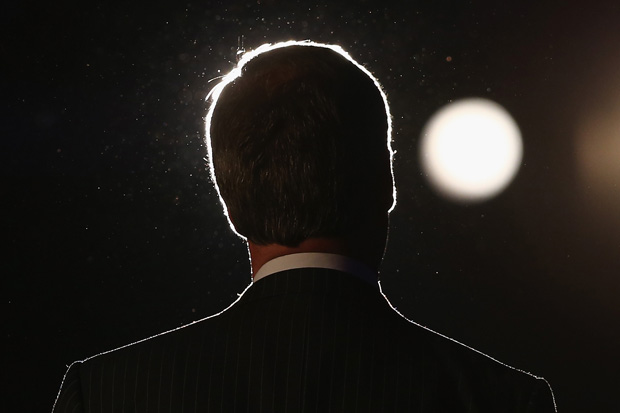
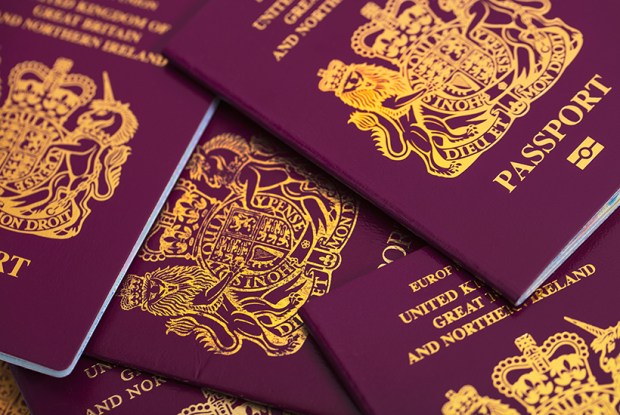
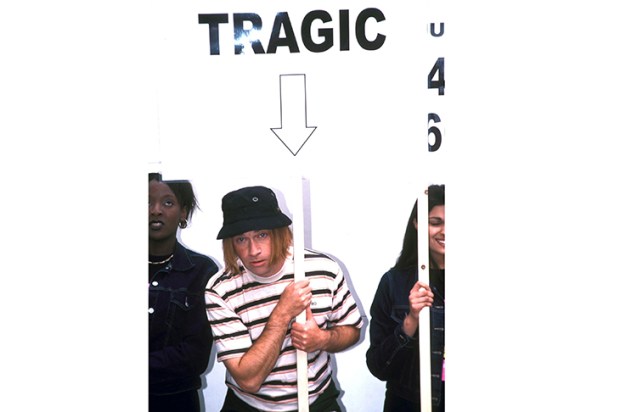

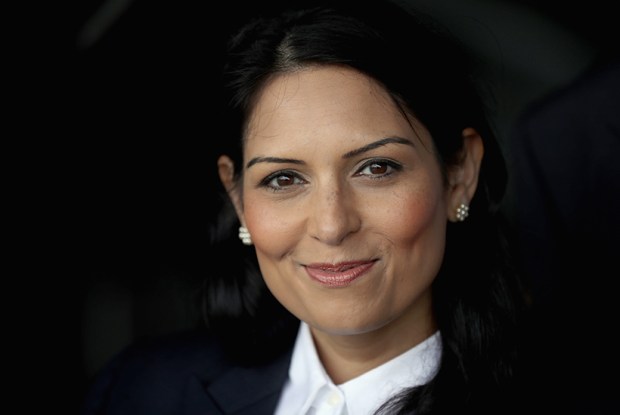
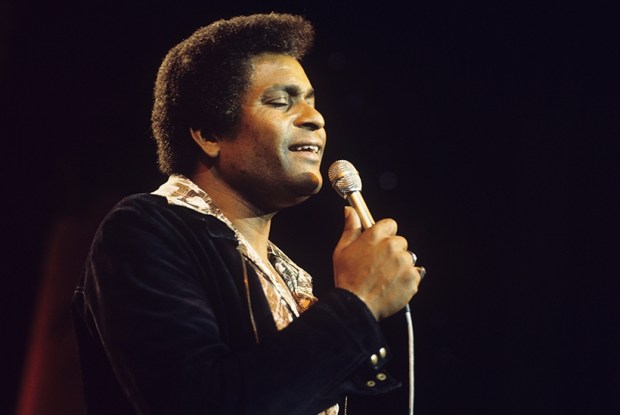
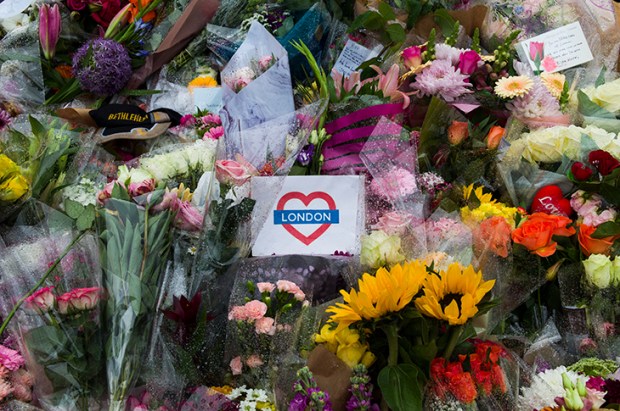






Comments
Don't miss out
Join the conversation with other Spectator Australia readers. Subscribe to leave a comment.
SUBSCRIBEAlready a subscriber? Log in